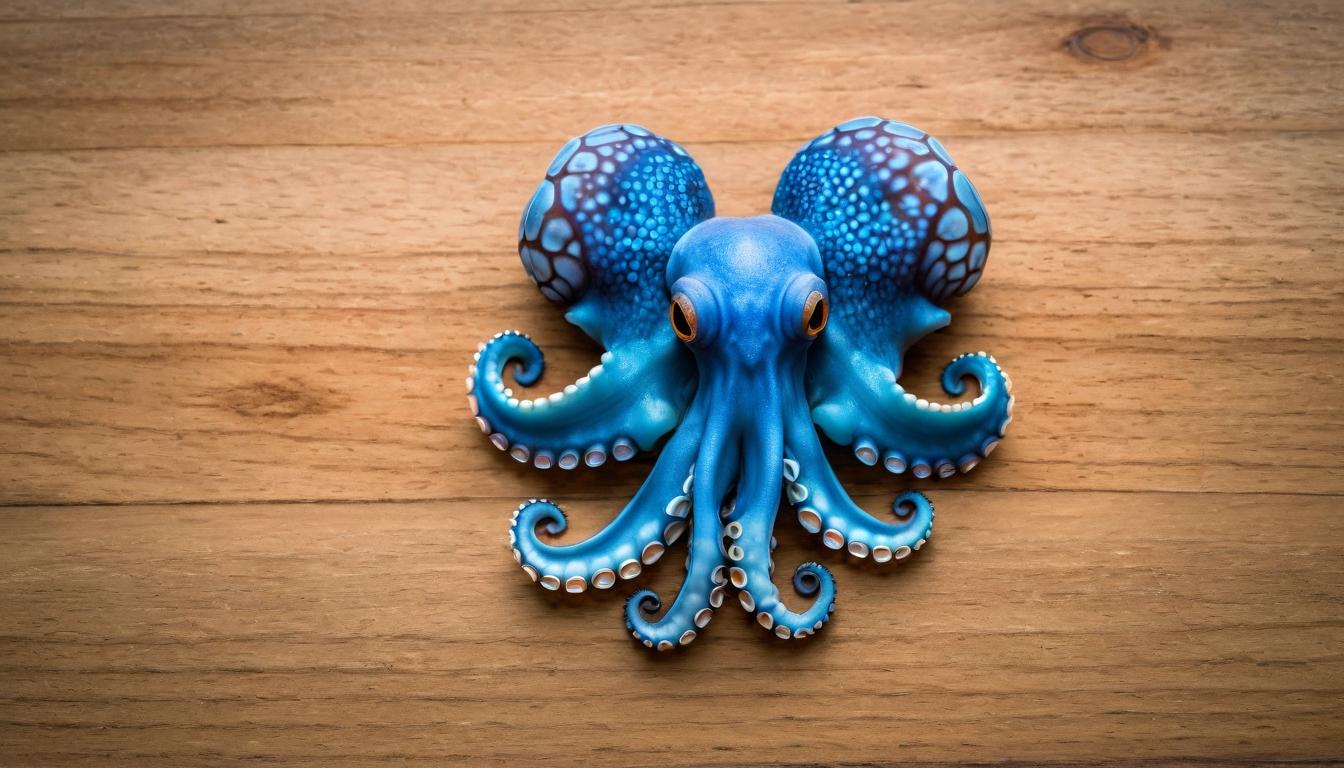Deep beneath the ocean's surface, in the shadowy realms where sunlight barely penetrates, lives one of nature's most extraordinary creations—the octopus. These cephalopod marvels have been quietly evolving for nearly 300 million years, developing adaptations so bizarre they seem ripped from science fiction. With three hearts pumping blue, copper-based blood through their gelatinous bodies, octopuses represent an entirely different evolutionary path from anything we land-dwellers know.
What truly sets octopuses apart is their distributed intelligence system. Unlike vertebrates with centralized brains, an octopus possesses about two-thirds of its neurons in its arms. Each tentacle can taste, touch, and make independent decisions—essentially thinking for itself. This explains why a severed arm might continue crawling away, even attempting to capture food hours after separation from the main body. Researchers have observed octopuses solving complex puzzles, opening childproof jars, and even using coconut shells as portable armor.
Their camouflage abilities border on supernatural. Using specialized skin cells called chromatophores, iridophores, and leucophores, octopuses can change color, pattern, and texture in less than a second—faster than any other animal on Earth. They don't just blend in; they become living liquid, mimicking not only colors but the very light patterns and shadows of their surroundings. Some species can even alter their skin to appear bumpy like coral or smooth like sand.
The reproductive habits of octopuses read like tragic poetry. Most species mate only once in their lifetime. The male uses a specialized arm called a hectocotylus to deposit sperm packets into the female's mantle cavity. After this brief encounter, the male typically dies within weeks. The female finds a protected den where she lays up to 400,000 eggs, which she guards ferociously without eating for months. She gently cleans them with her tentacles and blows oxygen-rich water over them until they hatch—then she too dies, her biological purpose fulfilled.
Octopuses possess remarkable problem-solving skills that continue to baffle scientists. In laboratory settings, they've been observed using water jets to squirt annoying researchers, stacking boxes to escape tanks, and even engaging in what appears to be play behavior—pushing bottles around their tanks for entertainment. Their short lifespans (most live only 1-2 years) make this intelligence even more astonishing; they're essentially born knowing how to be geniuses.
The blue blood that courses through their three hearts contains hemocyanin, a copper-based molecule that transports oxygen more efficiently in cold, low-oxygen environments. This adaptation allows them to thrive in deep waters where other predators might struggle. Two of their hearts pump blood through the gills, while the third circulates it to the rest of the body. When swimming, the systemic heart actually stops beating, which is why octopuses prefer crawling to swimming—it's less physiologically demanding.
Their beak-like mouths conceal a radula—a tongue-like organ covered with teeth—that can drill through shellfish shells. Some species produce venom that paralyzes prey, though only the blue-ringed octopus possesses venom deadly to humans. Despite their soft bodies, octopuses are formidable predators that can take down small sharks and birds when opportunity arises.
The more we learn about these eight-armed wonders, the more they challenge our understanding of intelligence, consciousness, and what it means to be an alien intelligence right here on Earth. They represent an evolutionary experiment that succeeded spectacularly—a reminder that nature's creativity knows no bounds.
The secret lives of octopuses: three hearts, blue blood, and remarkable intelligence

